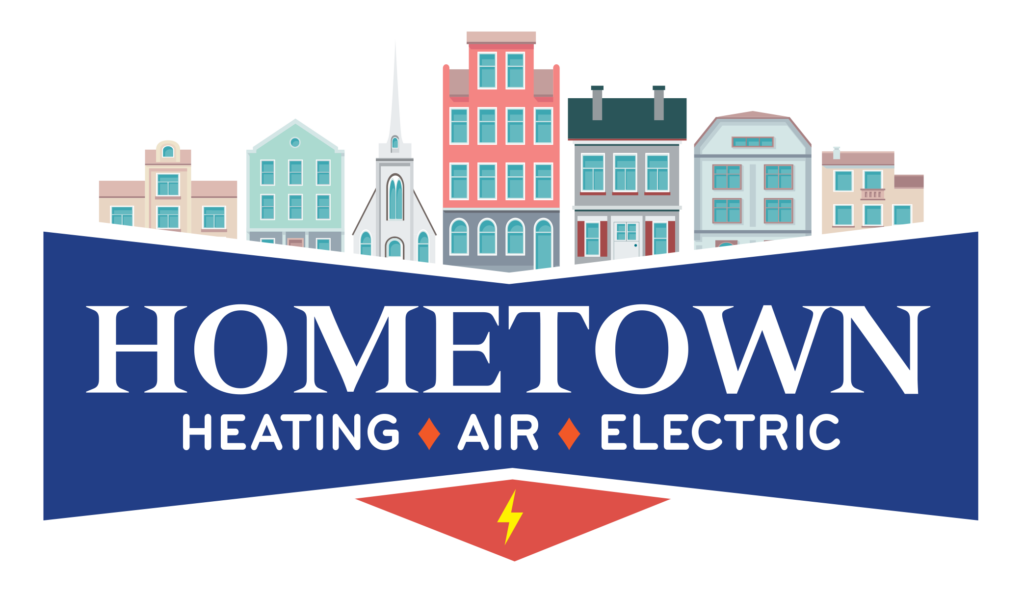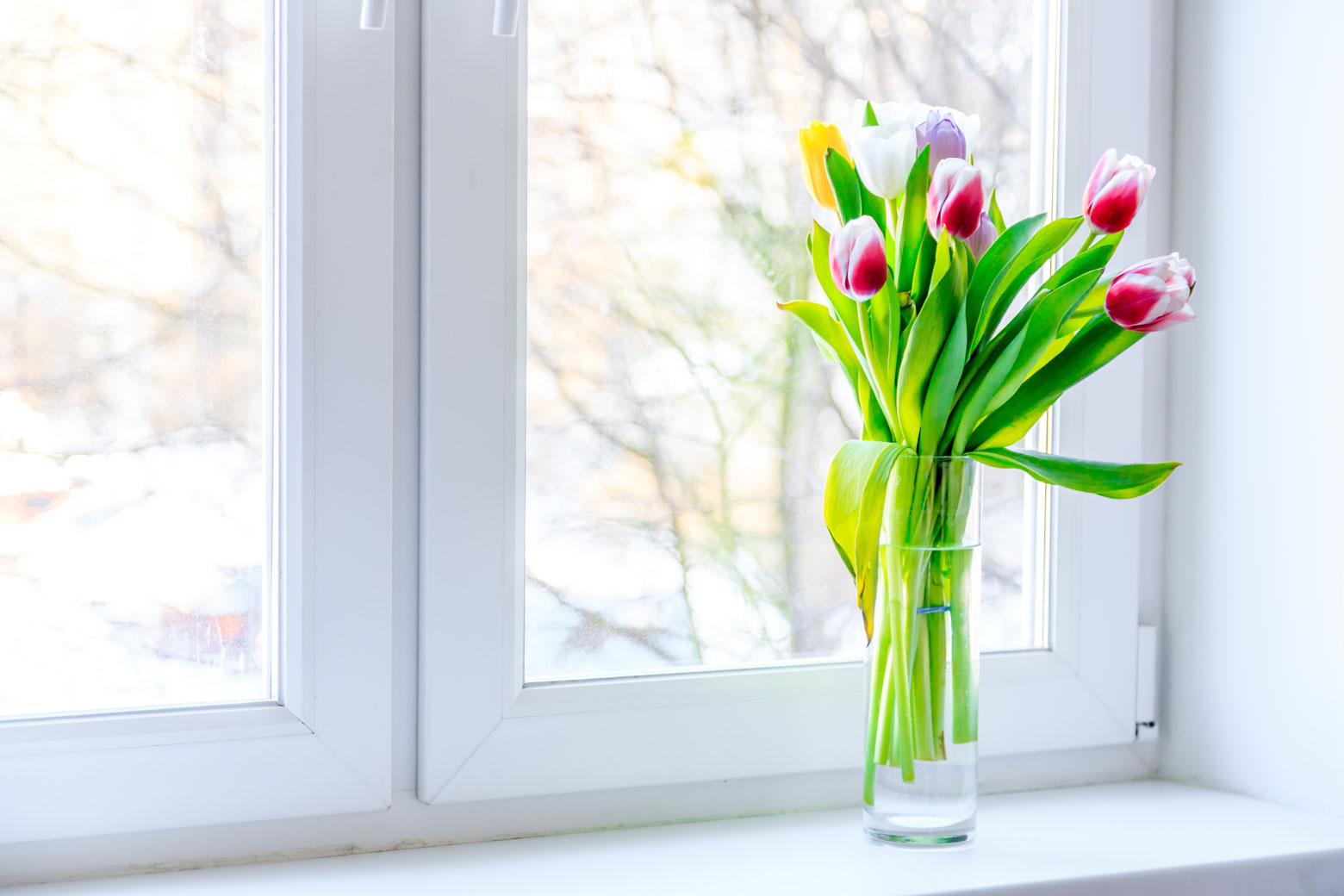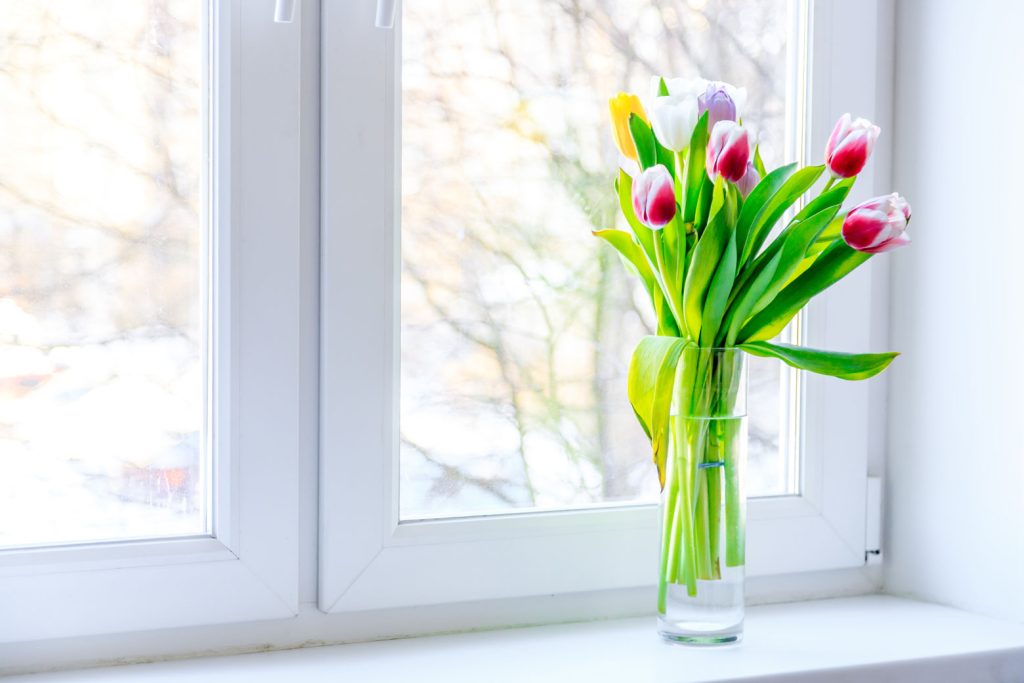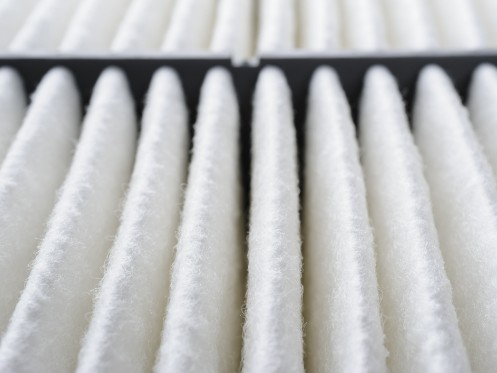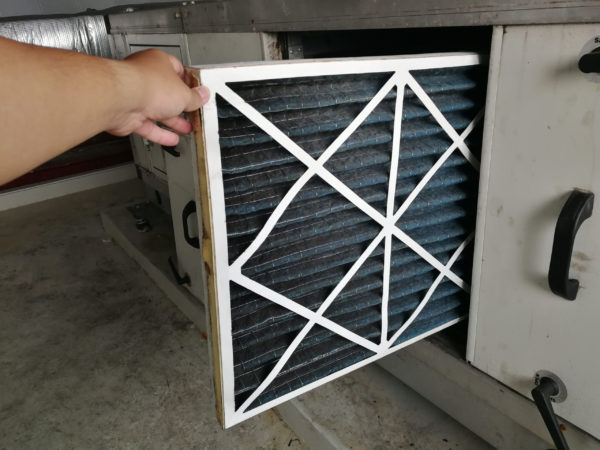Maintaining a comfortable and healthy home environment is essential, especially during the hot summer months. One crucial aspect of this is ensuring your air conditioning system is running efficiently. A key component that often gets overlooked is changing your AC filter regularly.
Understanding Why Changing Your AC Filter Regularly Matters
Discover how changing your AC filter regularly will positively impact your comfort, health, and wallet:
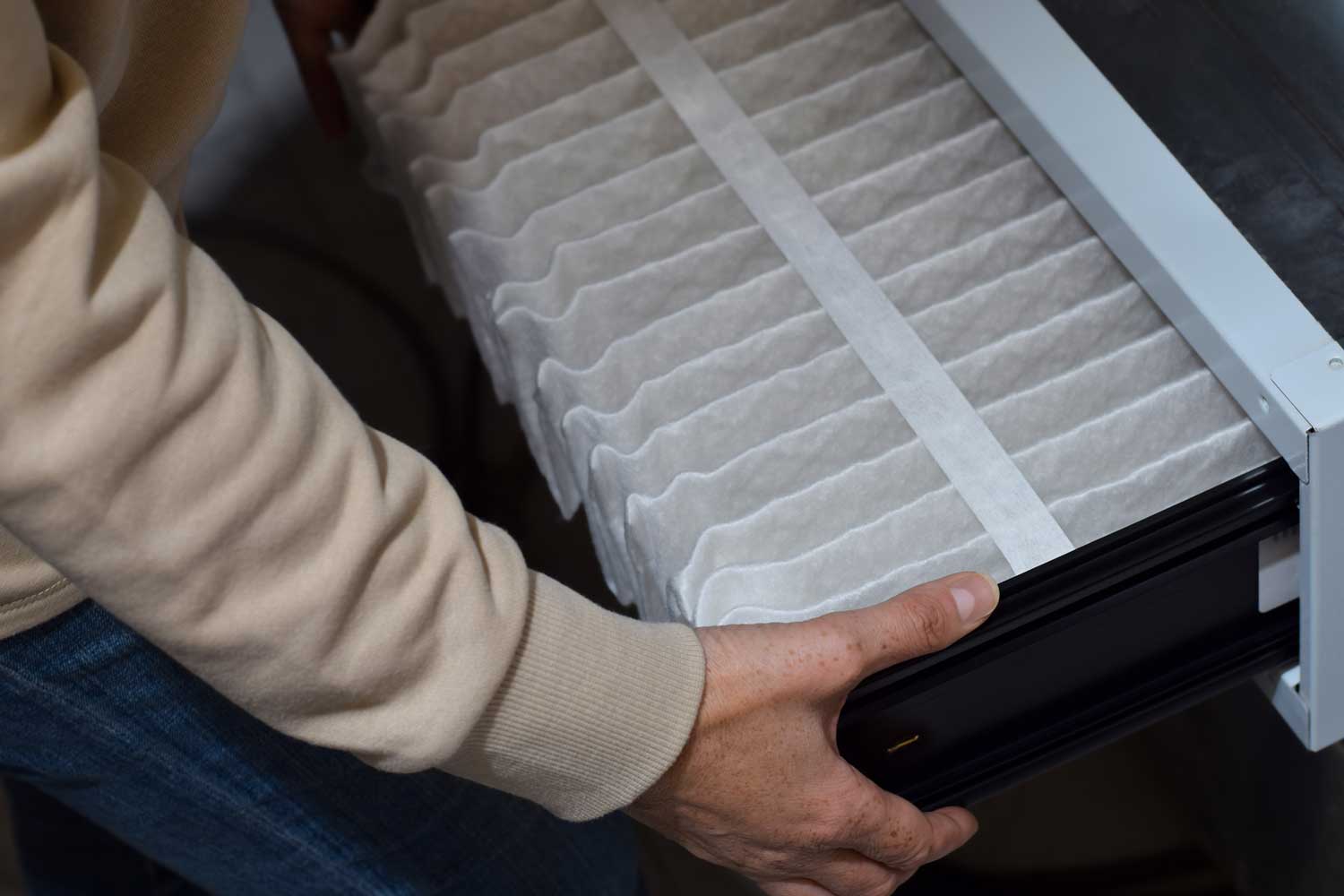
Why Changing Your AC Filter Regularly Is Necessary
Your AC filter plays a vital role in maintaining the efficiency of your air conditioning system. It works by trapping dust, dirt, and other airborne particles, preventing them from entering the system and circulating in your home. When the AC filter becomes clogged, it can’t perform its job effectively, leading to several issues.
- Improved Air Quality: One of the primary functions of an AC filter is to improve indoor air quality. When the filter is clean, it effectively removes dust, pollen, pet dander, and other allergens from the air. However, a dirty or clogged filter loses its efficiency, allowing these particles to recirculate throughout your home. This can exacerbate allergies and respiratory issues, especially for those with preexisting conditions.
- Enhanced System Efficiency: A clean AC filter ensures your air conditioning system runs smoothly and efficiently. When the filter is clogged, the system has to work harder to pull air through, leading to increased energy consumption and higher utility bills. By changing your AC filter regularly, you can help your system run more efficiently, saving you money in the long run. Consider purchasing your next AC filter at Hometown Heating, Air & Electric.
- Prevention of System Breakdowns: Neglecting to change your AC filter can lead to more significant problems down the line. A clogged filter can cause the system to overheat, leading to potential breakdowns and costly repairs. Regularly replacing the AC filter helps to prevent these issues, extending the lifespan of your air conditioning unit and ensuring it operates reliably.
How Often You Should Change Your AC Filter
The frequency of changing your filter depends on several factors, including the type of filter, the number of people in your household, and whether you have pets. Here’s how often we’d recommend changing your AC filter, depending on your unique circumstances:
- Standard Filters: Change every 30-60 days
- High-Efficiency Filters: Change every 90 days
- Homes with Pets or Allergies: Change every 20-45 days
Check your AC filter regularly and replace it when it appears dirty or clogged. Doing so ensures your air conditioning system continues to perform optimally.
Why Reusing AC Filters Isn’t Worth It
While it might be tempting to reuse an old AC filter to save money, this practice can lead to several issues. Reused filters are less effective at trapping particles, leading to poor air quality. They can also harbor mold and mildew, which are harmful to your health. Additionally, reused filters can become damaged over time, reducing their efficiency and potentially causing damage to your AC system.
How to Regularly Maintain Your AC Unit
At Hometown Heating, Air & Electric, we recommend scheduling regular maintenance for your air conditioning system. Our NATE-certified technicians can perform comprehensive tune-ups, including changing your filter, to ensure your system runs efficiently all summer long. We take pride in our meticulous work and strive to exceed your expectations.
Changing your AC filter regularly is a simple yet crucial step in maintaining your home’s comfort and air quality. It improves system efficiency, prevents costly breakdowns, and ensures you breathe cleaner air. Don’t underestimate the importance of this small maintenance task.
By prioritizing regular AC filter changes, you can enjoy a healthier, more comfortable home environment and avoid unnecessary expenses. For professional support and all your HVAC needs, contact Hometown Heating, Air & Electric today. We’re here to keep your home comfortable and your air conditioning system running smoothly.
